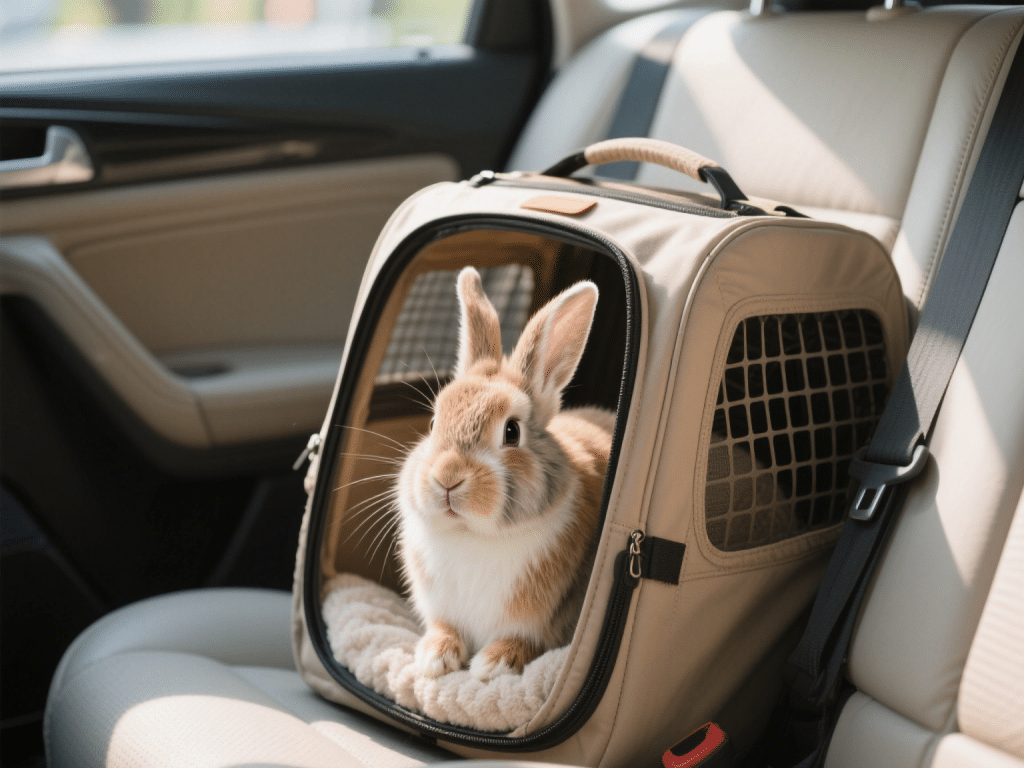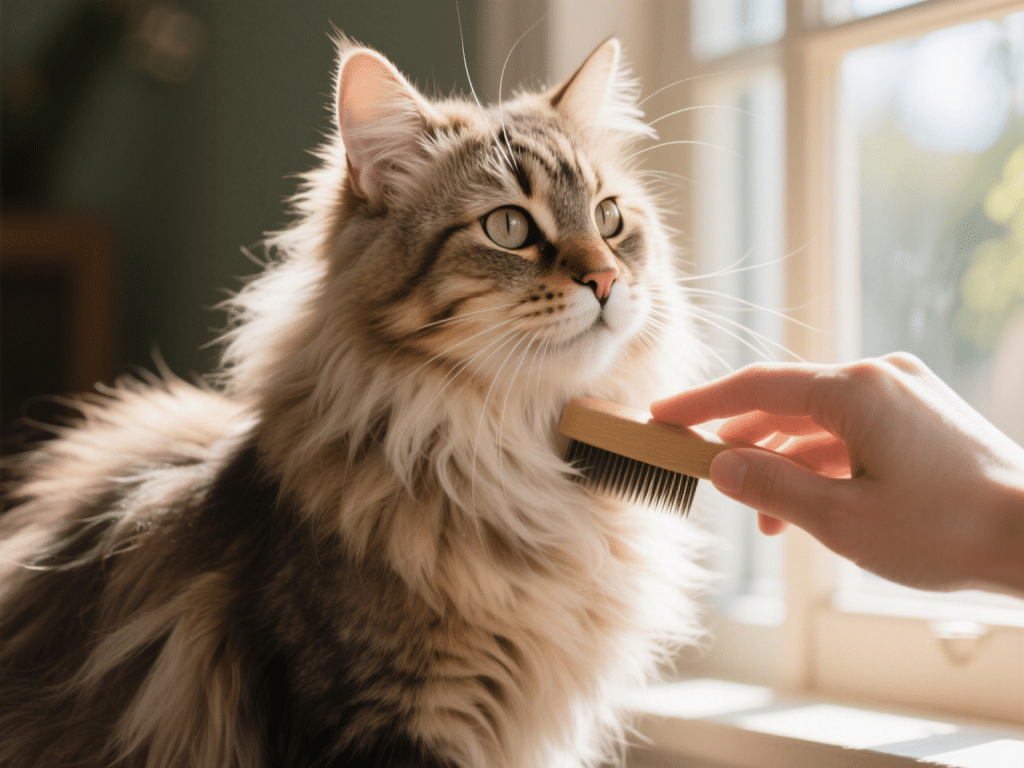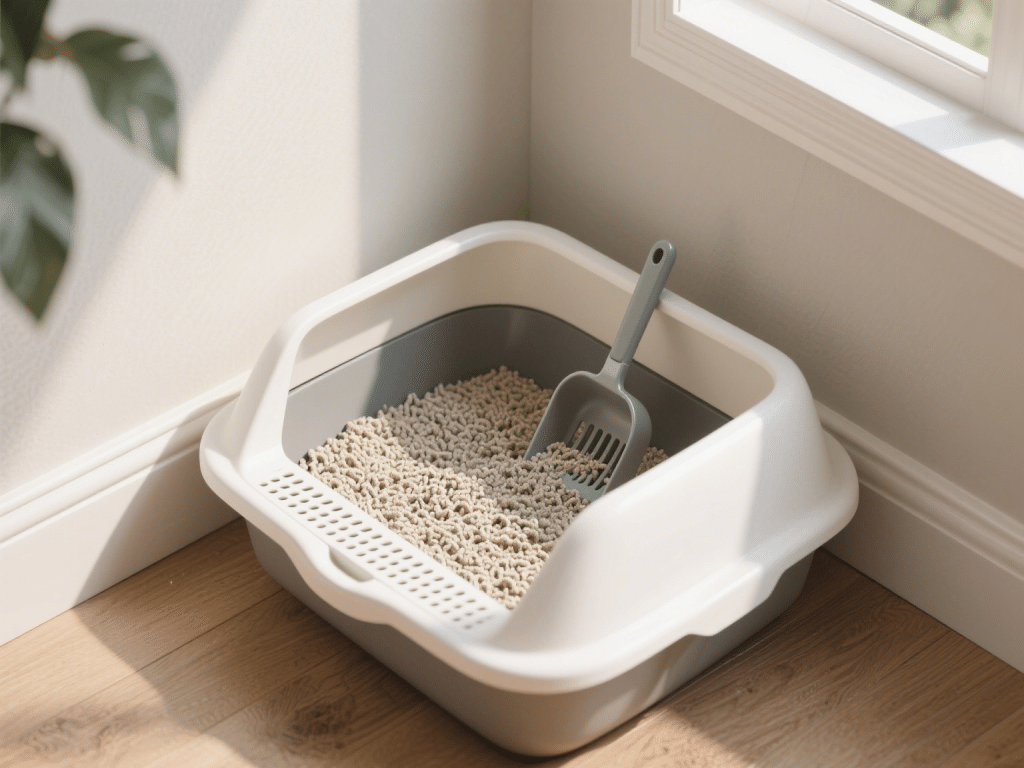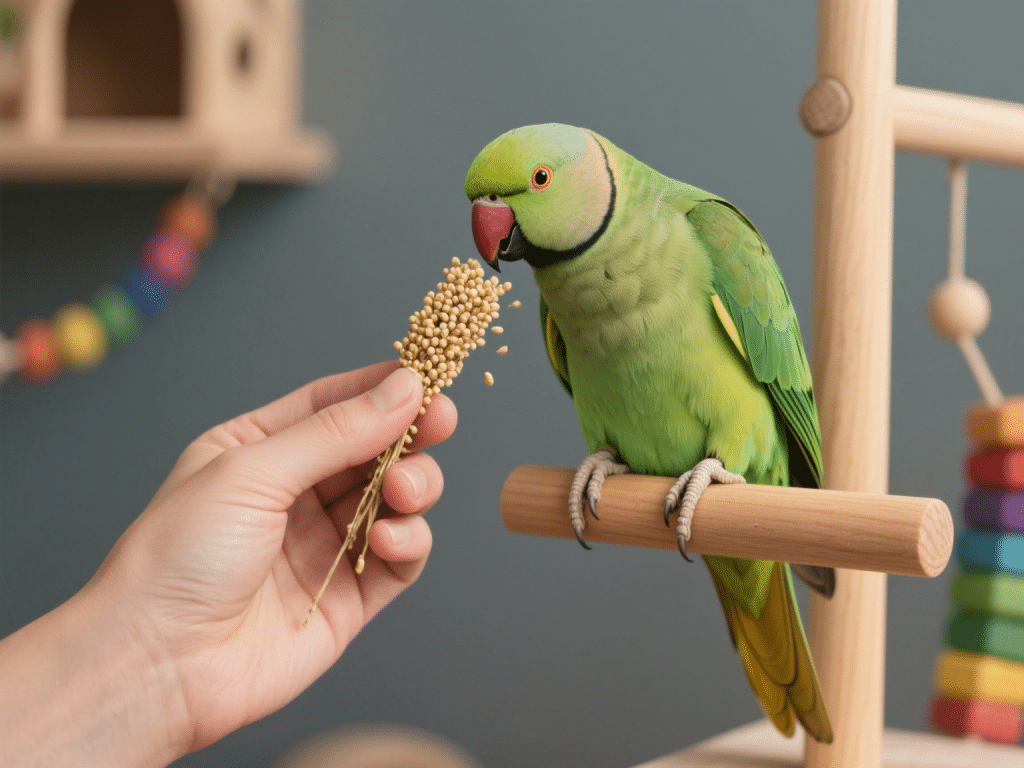
Taking your rabbit on the road—whether to the vet, a friend’s house, or a short getaway—can be daunting. Rabbits are sensitive animals prone to stress from unfamiliar environments, sudden movements, and strong odors. Drawing on ten years of rabbit fostering and travel experience, I’ll share practical strategies to keep your bunny calm, comfortable, and safe throughout every leg of the journey.
Choosing the Right Carrier
Size & Ventilation:
The carrier should be at least four times the rabbit’s body length, allowing the bunny to lie flat and stretch.
Look for models with mesh panels or slats on three sides to promote airflow.
Secure Latches & Sturdy Build:
Ensure clips or locks cannot be nibbled open.
Opt for a rigid plastic base—wire-bottom cages can hurt delicate feet.
Comfort Liners & Bedding:
Line the floor with a washable fleece pad or towel to absorb accidents and provide traction.
Sprinkle a bit of your rabbit’s usual hay on top to create a familiar scent.
Pre‑Travel Preparations
Familiarize the Carrier at Home:
Leave the carrier open in a quiet room with treats and hay inside for a week before travel.
Feed meals near or inside the carrier to associate it with positive experiences.
Short Practice Runs:
Take brief 5–10 minute “test drives” around your neighborhood to acclimate your rabbit to motion and engine noise.
Gradually increase duration over several days.
Health & Hydration:
Offer fresh water and a handful of hay right before departure.
Avoid feeding pellets or large leafy greens less than one hour prior to reduce motion‑sickness risk.
In‑Car Best Practices
Stable Placement:
Position the carrier on the floor behind the passenger seat or secure it with a seatbelt on the back seat to prevent sliding.
Temperature Control:
Maintain a consistent 65–75 °F inside the vehicle—avoid direct sun or AC drafts.
Minimize Noise & Vibration:
Drive smoothly, avoiding sudden stops or sharp turns.
Keep music low or off; rabbits are sensitive to loud sounds.
Visual Comfort:
Drape a lightweight cloth over the top and sides of the carrier to reduce external stimuli, while ensuring ventilation.
Handling Stops & Pit Stops
Short Breaks Only:
Rabbits can become frightened if removed from the carrier in an unfamiliar place—limit stops to stretches of 5 minutes.
Offer Hay & Water:
Place a portable water bottle or small bowl at the carrier opening to let your rabbit sip.
Health Check:
Observe for heavy panting, drooling, or listlessness—signs to resume travel immediately or seek veterinary care.
Calming Aids & Supplements
Natural Scents:
Rub a tiny amount of chamomile or valerian oil on the carrier’s fleece pad (rabbits enjoy these gentle aromas).
Pheromone Sprays:
Use rabbit‑safe calming sprays containing rabbit appeasing pheromones 15 minutes before travel.
Herbal Treats:
Offer a small fennel or anise seed pellet—these can soothe anxiety without upsetting digestion.
Post‑Travel Unwinding
Quiet Reunion:
Upon arrival, place the carrier in a quiet, familiar room and remove the top covering.
Encourage Exploration:
Open the carrier door and let your rabbit hop out at its own pace.
Offer Comfort:
Provide extra hay, a favorite toy, and gentle petting to reinforce a sense of security.
Conclusion
With thoughtful carrier choice, gradual acclimation, and car‑ride best practices, rabbit travel can become a manageable—and even bonding—experience. By minimizing stressors and keeping your bunny’s comfort central, you’ll both arrive at your destination relaxed and ready to enjoy the day ahead.









Comments on " Stress‑Free Rabbit Travel: Tips for Carriers and Car Rides" :